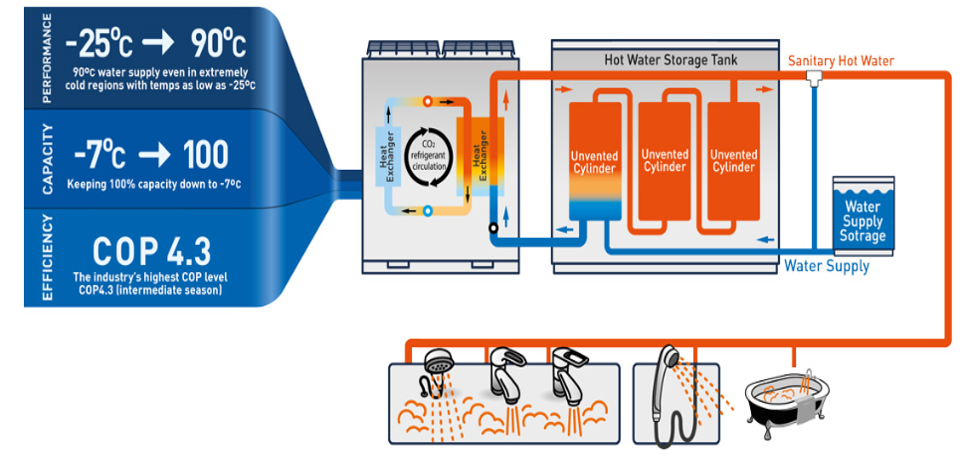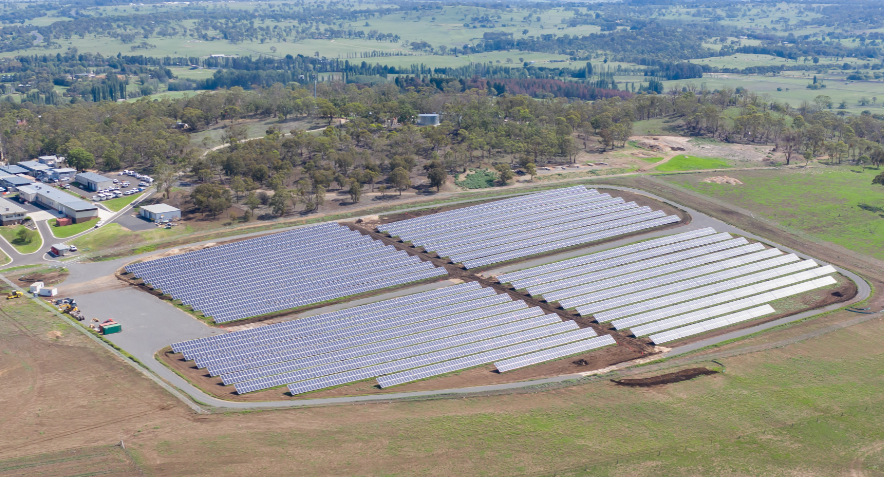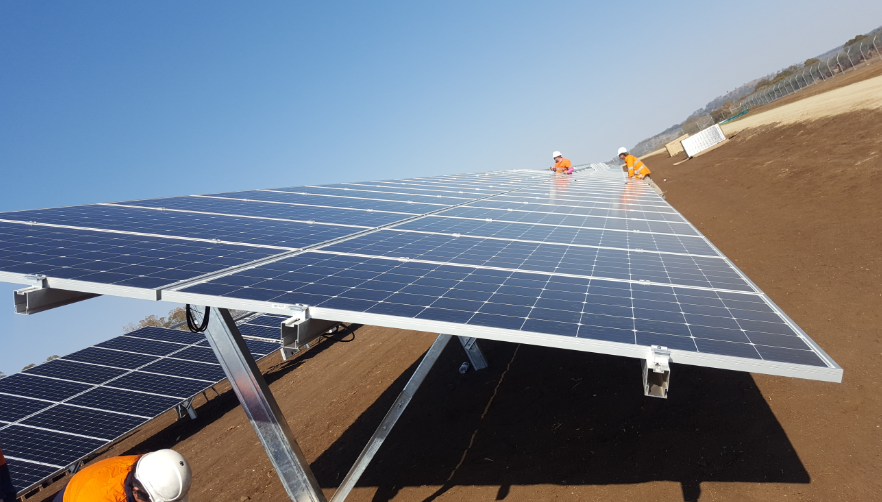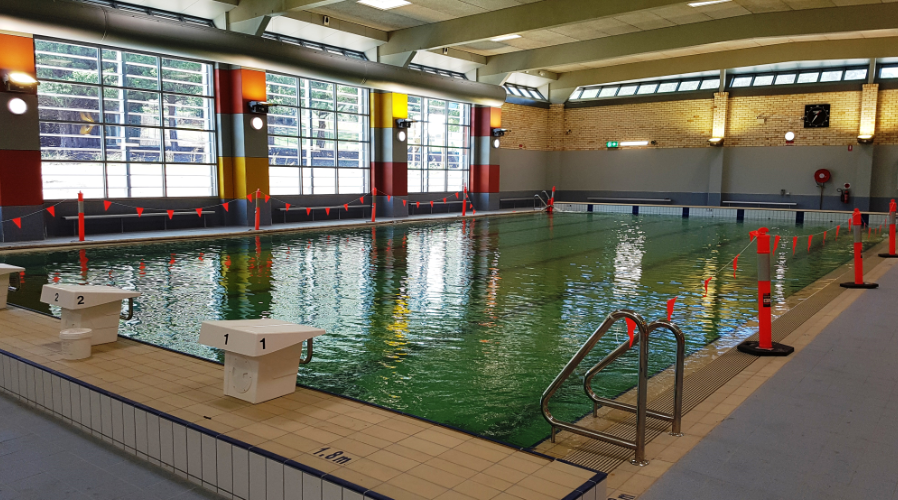Energy
Energy Management
The university has been proactively undertaking energy management activities for many years. With the challenges of a growing and aged campus, and the condition of the underground infrastructure services coupled with increasing energy needs for both new and existing buildings. A proactive approach to energy management continues to be essential for the University to keep its energy use and cost under control.
In recent years a number of energy projects have been implemented on campus, most notably the UNE Solar Farm. A summary of some of the key energy management projects is provided below.
UNE Solar Farm - Stage 1
Construction of Stage 1 of the UNE Solar Farm was completed in September, 2020. Stage 1 substitutes up to 50% of the current electricity supply to UNE's Academic Campus, or 30% of the overall campus including the six colleges. 8,700 fixed, ground‐mounted photovoltaic solar modules have been installed which will generate approximately 5.2 GWh per year. This is enough energy to run approximately 813 households per annum.
The solar farm will reduce UNE's carbon emissions by up to 5,000 tonnes each year, which equates to approximately 30% reduction to UNE's annual CO2 emissions based on 2018 figures.
As part of the project, a vegetation screen of 3,000 native trees and shrubs was planted, including Eucalypts, Acacias and Callistemons. Despite suffering through a record drought, the project team were able to source water from a nearby dam at UNE's Laureldale SMART Farm to keep the plants sufficiently watered, ensuring that the tree guard integrity and plant health has remained high.
Sport UNE Aquatic Centre Geothermal Heating
Estate & Built Environment (EBE) recently completed renovations to the Sport UNE Aquatic Centre, incorporating state of the art geothermal base heating infrastructure. A network of 36 refrigerant-filled pipes has been placed in grid formation in holes 90 metres deep. This sustainable heating system is programmed to regulate temperature across the extreme variations of weather experienced in Armidale, and will reduce SportUNE’s annual CO2 emissions by approximately 197,000kg. This is equivalent to the CO2 absorbed by 8,000 trees.
Wright College and Wright Village Hot Water Heating

UNE recently installed new hot water systems for Wright College and Wright Village, significantly reducing gas and electricity consumption. The Mitsubishi Q-ton heat pump uses a coil of cold refrigerant that absorbs ‘free’ heat from the outside air, and a 2-stage compressor that puts the refrigerant under high pressure in order to raise its temperature. An on-board heat exchanger uses heat from the refrigerant to generate hot water from 65°C to 90°C which is then stored for sanitary use.
Energy Monitoring and Management Tools
The University has implemented a continuing program of installing energy (both gas and electricity) meters across major systems on the campus. The metering data provides increased granularity in energy use analysis enabling the identification of opportunities, implementation of corrective actions, and measurement of savings. This system also allows Estate & Built Environment to remotely monitor energy use across the campus in real time, and automate key services such as heating, ventilation and air conditioning. These services can be adjusted to meet the ambient climatic conditions and building use requirements.
Armidale’s Climatic Conditions and Thermal Comfort
The university experiences continental climate with cold winters and warm to hot summers. This provides an additional challenge to operate and maintain buildings for thermal comfort for the building users. NSW WorkCover Codes of Practice states that thermal comfort for people working indoors and doing light work where air temperature (dry bulb temperature) is 20 to 26 degrees Celsius and relative humidity 30 to 60 percent.
The University faces major challenges when it comes to providing adequate thermal comfort for building users each year. This is mainly due to the inconsistent seasonal variations, which require heating to be turned on and off based on seasonal climatic patterns. The University regularly monitors climatic patterns and makes the decision to:
Turn on heating when:
- Bellevue campus – minimum mean average temperature between 15:00 to 10:00 over a 7 day period falls below 13°C at the 80th percentile (13°C + thermal mass heating = 16°C)
- Academic campus – minimum mean average temperature between 15:00 to 10:00 over a 10 day period falls below 13°C at the 80th percentile (13°C + thermal mass + clothing = 20°C)
Turning off heating:
- Bellevue campus – minimum mean average temperature between 15:00 to 10:00 over a 7 day period above 13°C at the 80th percentile (13°C + thermal mass heating = 16°C)
- Academic campus – minimum mean average temperature between 15:00 to 10:00 over a 10 day period above 13°C at the 80th percentile (13°C + thermal mass + clothing = 20°C)




